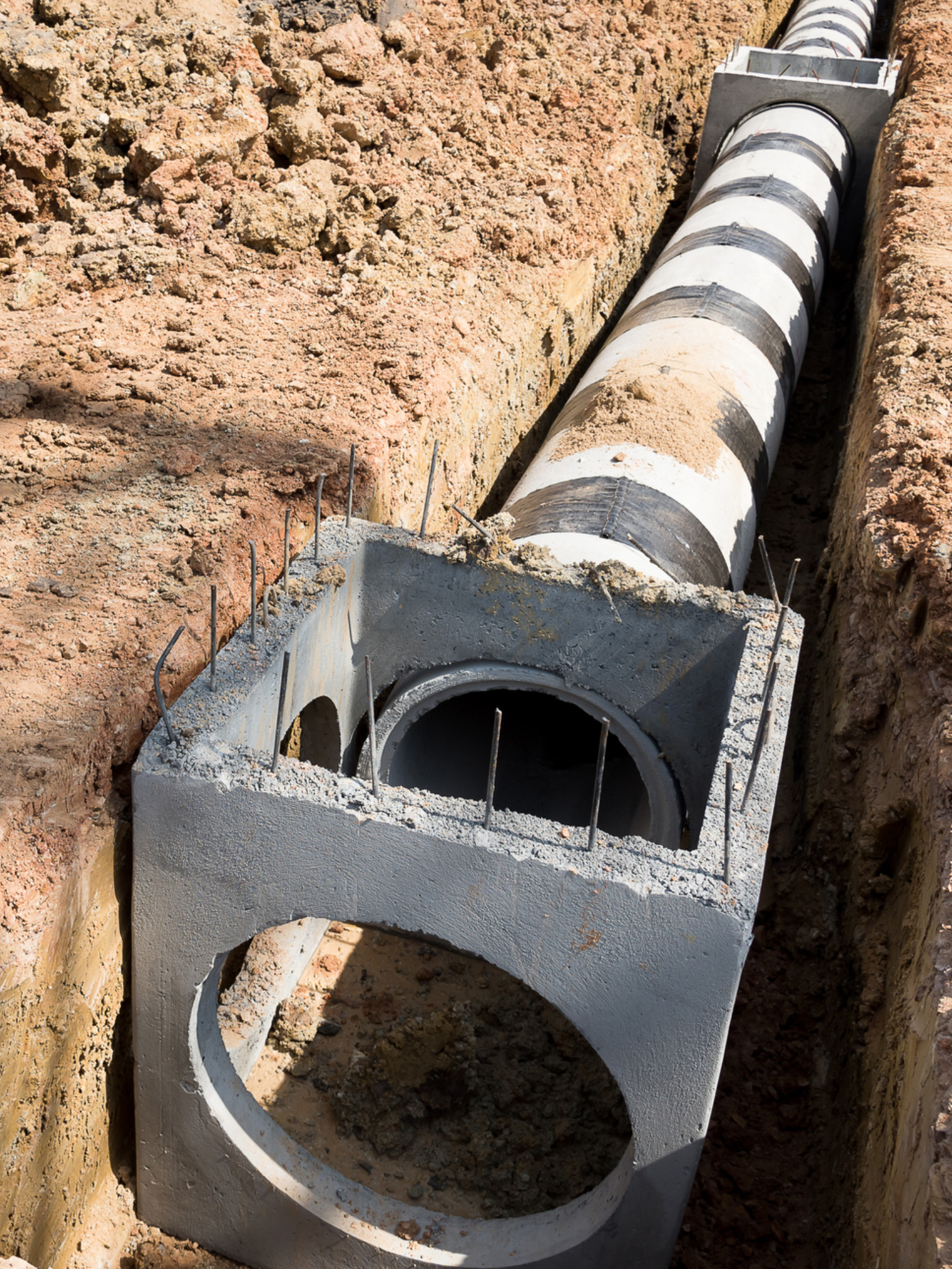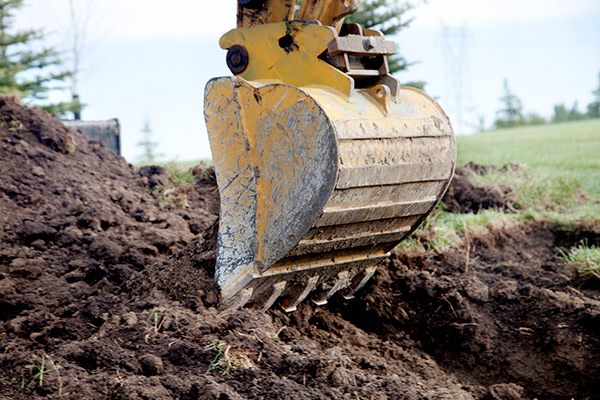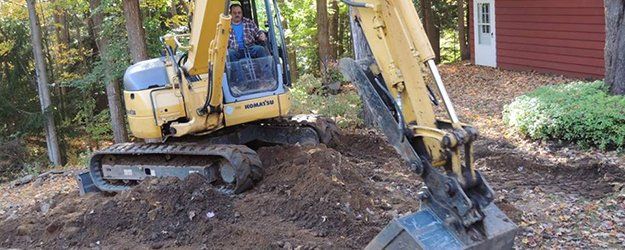Comprehensive Excavation Methods: Grasping the Fundamentals for Success
The careful preparation, specific implementation, and thorough attention to information needed in excavation projects demand an extensive method that includes numerous essential elements. The true mastery exists not just in comprehending these basics but in seamlessly integrating them to browse the intricacies of excavation projects with skill.
Comprehending Excavation Job Planning

Successful excavation projects are constructed on the foundation of comprehensive and meticulous planning. The preliminary stage of any type of excavation task is the drawing board, where vital decisions are made that can substantially impact the result of the project. During this phase, it is vital to collect all appropriate details about the site, consisting of topographical surveys, dirt make-up, and any possible hazards that might exist. Recognizing the project extent, timeline, and budget plan restraints is important for developing an extensive excavation plan that makes sure the task's success.
One key aspect of excavation project planning is the development of a comprehensive timeline that describes the sequence of tasks, target dates, and landmarks. This timeline functions as a roadmap for the job group, permitting them to track development and make required adjustments to ensure the project remains on routine. Furthermore, a well-defined spending plan that makes up all costs, including equipment service, labor expenses, and materials, is essential for staying clear of expense overruns and delays. By meticulously taking into consideration all these aspects during the preparation stage, excavation projects can be executed successfully and successfully, resulting in successful results.
Soil Evaluation and Website Assessment
Carrying out thorough soil evaluation and website evaluation is an essential action in the preparation phase of any kind of excavation task. Soil analysis includes establishing the composition, framework, and residential or commercial properties of the soil at the excavation site. This details is crucial for comprehending the soil's bearing capability, dampness web content, and potential for erosion, which are essential consider establishing the excavation approaches and tools needed for the task.
Site evaluation exceeds soil analysis and includes a broader evaluation of the overall site problems. This evaluation includes determining any type of possible threats, such as below ground energies, ecological worries, or unstable terrain, that could impact the excavation procedure. By extensively evaluating the site, project supervisors can create reliable excavation approaches that focus on security, effectiveness, and environmental protection.
Utilizing innovative modern technologies like ground-penetrating radar, dirt tasting, and drone surveys can enhance the precision and effectiveness of soil analysis and website examination. Investing time and resources in these initial steps can eventually save time and avoid costly hold-ups or issues during the excavation process.
Tools Choice and Usage
Efficient excavation tasks depend heavily on critical devices selection and application to make sure ideal performance and performance. Selecting the right devices for the job is important in maximizing performance and reducing downtime. Variables such as the kind of soil, deepness of excavation, and project range play a significant duty in identifying one of the most appropriate devices for the job available.

In addition to selecting the suitable devices, appropriate use is crucial to job success. Operators has to be educated to take care of the tools securely and successfully - dump truck companies in ohio. Normal upkeep checks and timely repair services assist stop malfunctions and make sure constant performance throughout the project
Precaution and Regulations Conformity
In the world of excavation tasks, focusing on safety steps and compliance with regulations is extremely important to making certain a legally audio More about the author and safe and secure functional environment. Precaution encompass a variety of methods, consisting of conducting complete website evaluations, executing proper signs and barriers, and providing ample security training for all personnel associated with the excavation process. Adherence to laws, such as OSHA demands in the United States, makes certain that the excavation job fulfills the needed requirements to secure workers, onlookers, and the surrounding environment.

Tracking Progression and Adjusting Approaches
How can forecast managers successfully track the development of excavation tasks and adapt their methods accordingly to enhance end results? Tracking progress is crucial for guaranteeing that excavation tasks stay on track and satisfy target dates.

Verdict
In conclusion, understanding the principles of detailed excavation methods is vital for the success of any task. By comprehending job planning, assessing dirt and site problems, picking proper devices, abiding by security policies, and keeping an eye on progress, task managers can ensure a reliable and smooth excavation process. Applying these techniques will certainly cause effective results and decrease prospective threats or problems throughout the excavation project.
The preliminary stage of any type of excavation task is the planning stage, where essential decisions are made that can dramatically affect the end result of the task. Comprehending the job budget, range, and timeline restrictions is critical for creating a detailed excavation strategy that ensures the job's success.
Exactly how can project managers successfully track the development of excavation tasks and adapt their methods as necessary to enhance outcomes? By carefully monitoring progress and being willing to adapt methods, job supervisors can boost the total success of excavation tasks.
By understanding project preparation, examining dirt and website conditions, choosing proper tools, abiding with safety and security laws, and checking progression, project supervisors can ensure a smooth and efficient excavation process.